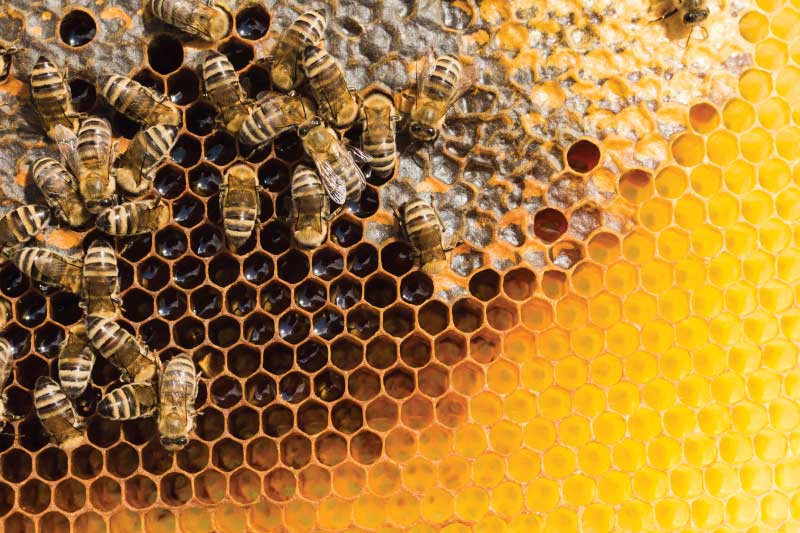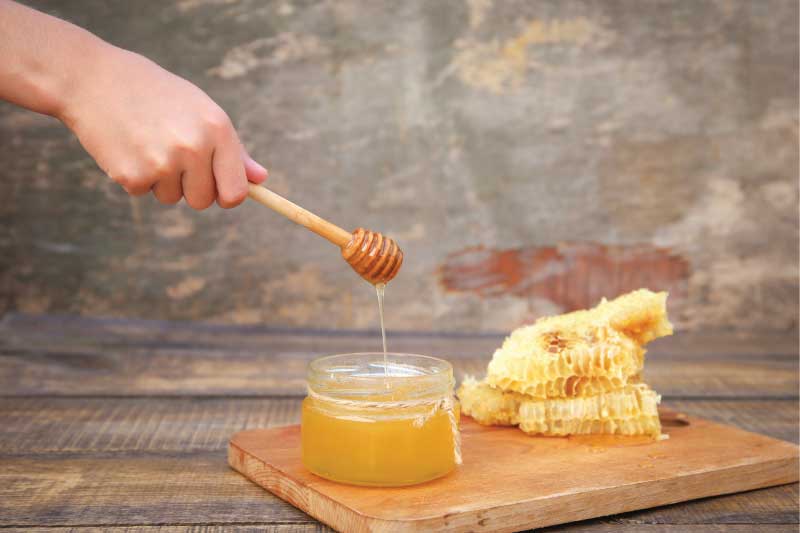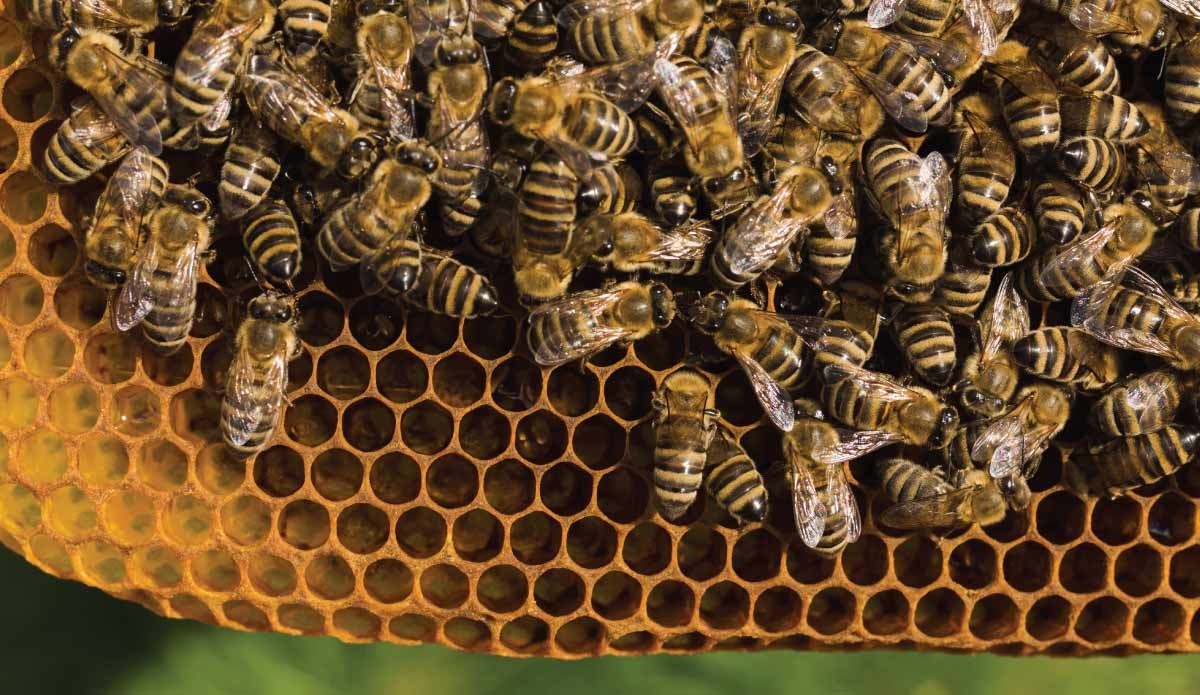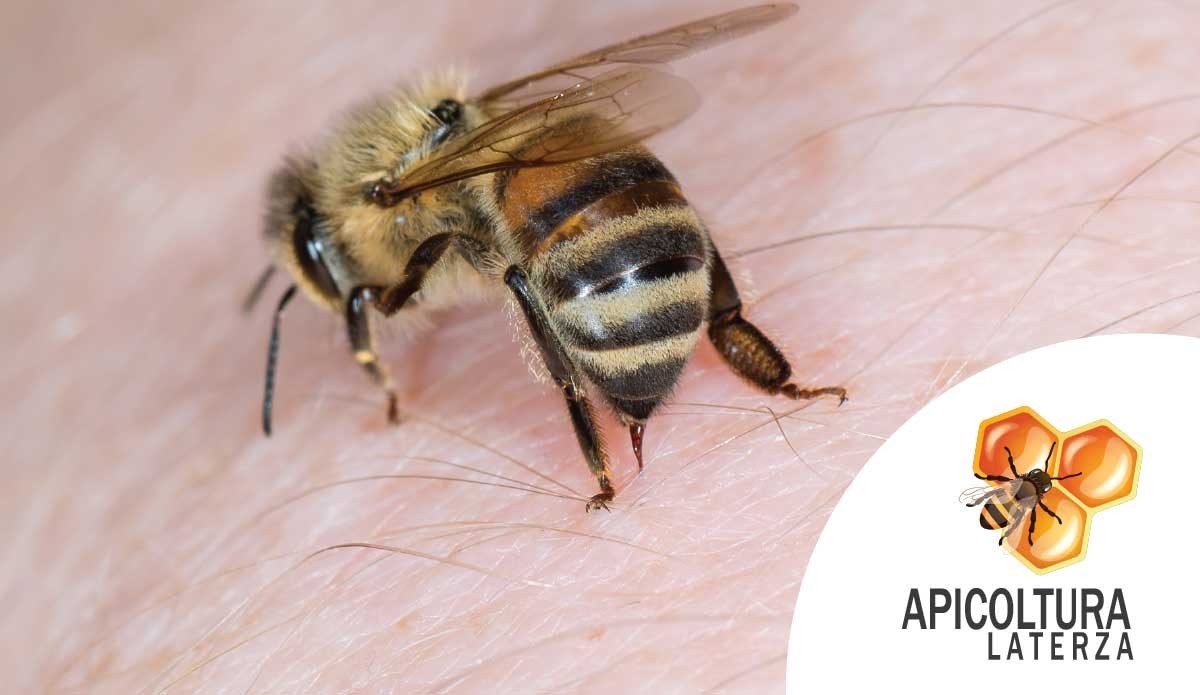Does taking honey from hives harm bees?

Is it fair to say that beekeepers “steal” honey from bees?
The work of a good beekeeper protects the life of the swarm
It often happens that beekeepers have to contend with conflicting opinions regarding their work. For many, their activity constitutes an important support for the life of bees , for others it is not. In many cases, in fact, it happens to receive the finger pointed at especially on the issue of honey as many people claim that beekeepers "steal honey from bees" nullifying the survival sacrifices of these little creatures.
That's actually not the case at all! In this article we will analyze the topic well to understand how the beekeeper works, how bees produce honey and how much dedication each farmer exercises for his apiary and to ensure that his swarm maintains itself. always strong and healthy. The work of the beekeeper is important and absolutely does not cause harm to bees.
What honey bees used for
Bees make honey to survive. If the job of the queen bee is to produce eggs in quantity, that of the other bees is to produce enough food supplies to allow the family to survive. The quality of the queen greatly affects the productivity of the entire swarm as it provides for the replacement of bees in the colony.
When the fertile queen stops being productive she is replaced by a new queen. Queen bees play a vital role in the hive, but the food available inevitably affects the life of the colony.
Bees make honey by collecting nectar and pollen from plants and flowers and then transforming it so that it can be stored in cells. Honey is an irreplaceable food supply.

Bees work really hard for honey production! As we know these insects are very hardworking animals. Once the raw material is obtained, the pollen is regurgitated by the bees and transformed into liquid form through the combination of saliva and other enzymes.
At this point the honey needs to be stored. To keep the honey edible, the bees try to exercise the ventilation process. In this phase, the bees gather and heat the substance through a continuous and fast movement of their wings. In this way, all the water and humidity are significantly reduced and the honey obtains its final consistency.
The scarce presence of water inside the honey allows the bees to preserve food flawlessly, preventing the formation of fungi or mold.
How much honey to take from the hives

When the beekeeper collects honey from bees , he does not do it greedily and does not think only of his own profits as he is aware that without honey his bees would die. The work of beekeepers proceeds in symbiosis with the life of bees.
At the time of honey extraction and therefore when the honey is ripe, the beekeepers take only the amount of honey needed, usually about one third of all the honey produced by the colonies. To extract the honey, farmers use special tools that keep the bees away temporarily but without particularly bothering them. Here the supers are taken and the substance is processed to allow it to be sold.
All the rest of the substance remains available to bees, which will therefore be able to feed without difficulty and survive the winter where food is scarce. The beekeeper therefore always leaves the right amount of food available to his swarm.
We also remember that in difficult times like these, some beekeepers have found themselves without profits. The unfavorable conditions related to climate change and the use of pesticides for intensive agriculture have created a lot of damage to bees that have found themselves dealing with food shortages.
Not being able to collect pollen and nectar due to the disappearance of some, in recent years some beekeepers have been forced to feed the bees artificially through some sugary substances that allowed the swarm to at least survive. In all this, beekeepers saw a return and almost no profit as the swarms in the absence of pollen produced no honey.
Bee care and dedication
The life of bees is so important to any farmer that today beekeepers are regarded as real modern heroes. In times like these, when the life of bees is severely tested, there are many initiatives to support the sector.
These small insects are lately in the spotlight precisely because they constitute an indispensable resource for the Earth and it is important to counteract their weakening. Our planet would suffer greatly from the absence of bees, so much so that even our survival would be in the balance.
The activities that support the beekeeping sector are numerous, starting with awareness and information campaigns, up to the allocation of funds for beekeeping.
Beekeepers help bees tremendously without hindering their natural biological mechanisms. A good beekeeper knows when to intervene in the management of his apiary and also knows when it is best to keep his distance from bees so that they can proceed freely.
Beekeepers perform a variety of activities including raising queen bees, controlling nuclei and fostering the strength of the swarm. Harvesting honey is only a small part of the beekeeper's job.
Apicoltura Laterza deals with the production and sale of selected queen bees of the Buckfast breed and queen bees of the Ligustica breed but also of nuclei and packs of bees. Are interested? Buy directly online! You can access real-time availability by clicking here.






